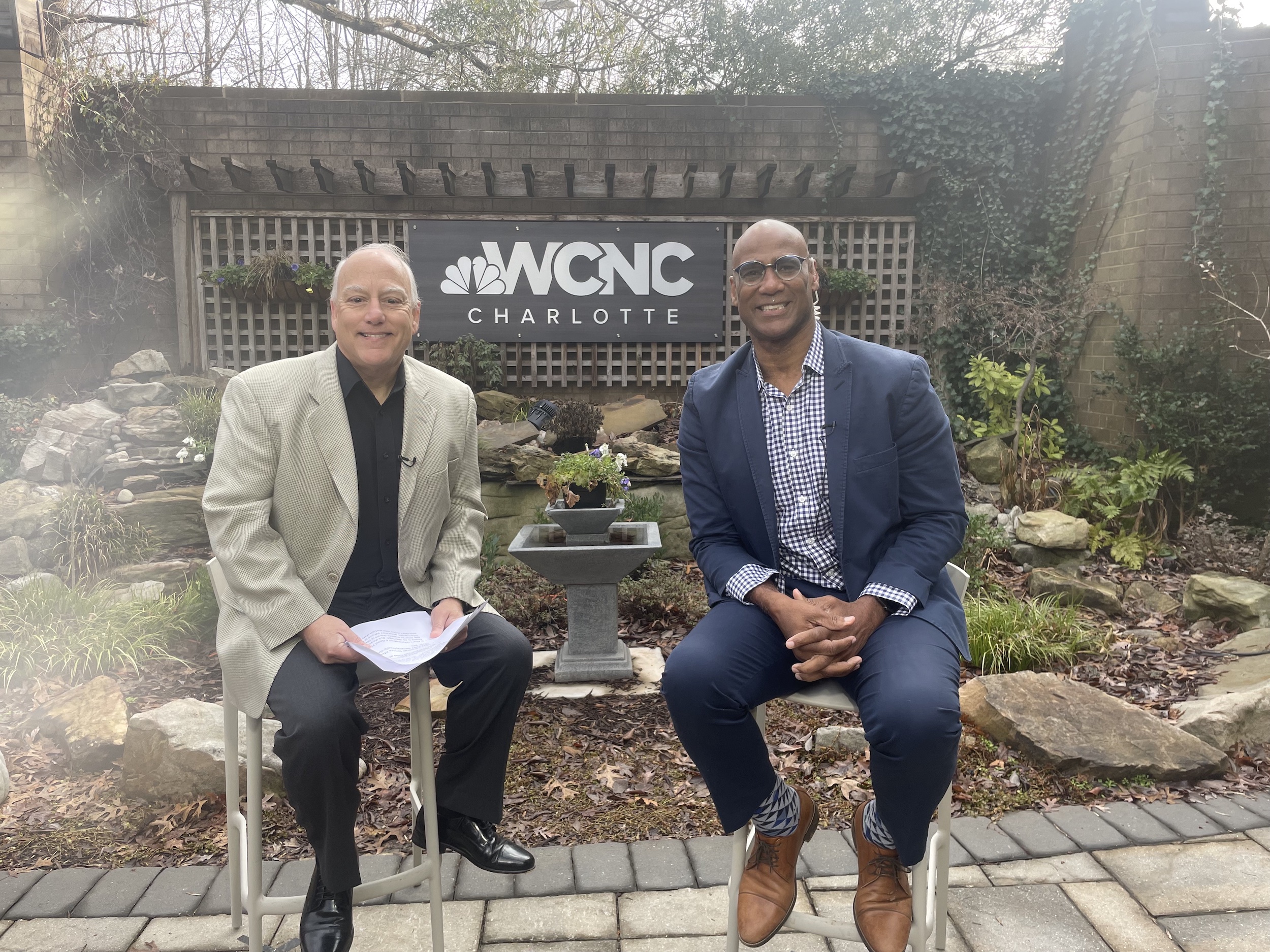
Becoming Your Own Health Advocate
Healthcare staffing is experiencing a pandemic of its own. Hospitals and long-term care are understaffed and people continue to resign as they look for new career options. With so much uncertainty in healthcare, the patient experience suffers and people often fall through the cracks. That is especially true for older people and also why it is more important than ever to learn how to be a health advocate for your healthcare. Here to help us is health and aging expert Anthony Cirillo.
It important more important today to be a health advocate for your health care.
Many people delayed healthcare during Covid-19 and now that things are easing up, there is an uptick in people seeking care. Combine that with an influx of people moving to the area and staffing at historical lows and you can see the dilemma. Often providers are rushed and care can suffer. Obamacare has withstood the challenges and has led to more people being insured and therefore utilizing the health care system. That is generally a good thing. On the other hand, the removal of a mandate to buy insurance can lead to misuse of the health system, for example, using the emergency department as a primary care office. When that happens the patient experience deteriorates too.
Here is where you should start in being a health advocate.
Realize there are two aspects to our healthcare – the care itself and the cost of care. Let’s start with the first. Advocating boils down to doing the research, asking the questions, getting second opinions, asking for more information when something seems askew. Most important job – choosing a provider. We take time to research a car purchase, a house purchase, even our smartphone purchase but how much research do we put into finding a healthcare professional? Many often choose because the provider is nearby; or you heard the physician was nice (not necessarily competent); or simply they have no choice because the doctor is in the network. When calling the office, find out the usual things – are they accepting new patients; do they accept your insurance, hours, availability online and after hours.
Is the physician board certified? Ask about his/her philosophy of care – are they aggressive in ordering tests, prescribing? Are they about prevention or more about treatment?
Investigate whether they have any legal or disciplinary actions pending. These sites can be helpful: Administrators in Medicine; the American Board of Medical Specialties; the American Medical Association.
Become more knowledgeable about insurance and pricing.
Just as important as your choice of physicians is your choice of health plans. The field is narrowing and we have less choice. Individuals buying in NC have one option. Still we need to know what we are buying. Often we shrug and resign ourselves that we have no control over price. Or we just assume insurance will pay so why question. Don’t forget With high deductible health plans unless something is seriously wrong, most of the cost of care is coming out of our pocket. The lower premium you pay comes with a cost! You need to know how much of the care is covered and what is covered after meeting your deductible. For example, a doctor may order a CT scan through the hospital that could cost $1,000 when a freestanding CT center across the street may cost only $299. It pays to be prudent and gather facts before making a decision.
Technology can help you become a better health advocate.
There are apps for various aspects of being an empowered patient. But no one is perfect. Keep in mind that often they are not private and most apps do not help you track or manage your health. Most only provide reference information. By some estimates there are 40,000 apps on the iTunes app store. Take a few apps for a test drive. Ask for recommendations and Look for health apps sponsored or created by established health advocacy groups, medical organizations, or universities. Read reviews at MedicalApps. (www.imedicalapps.com) and for more information visit TheAginingExperience.com
Podcast: Play in new window | Download
Subscribe: Apple Podcasts | RSS
